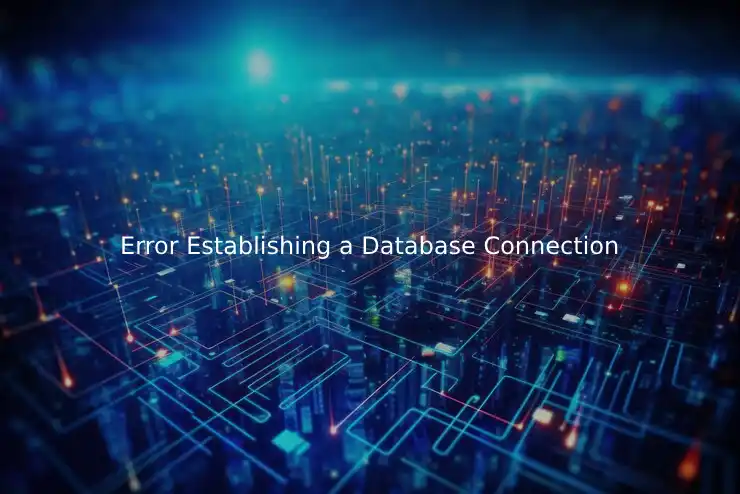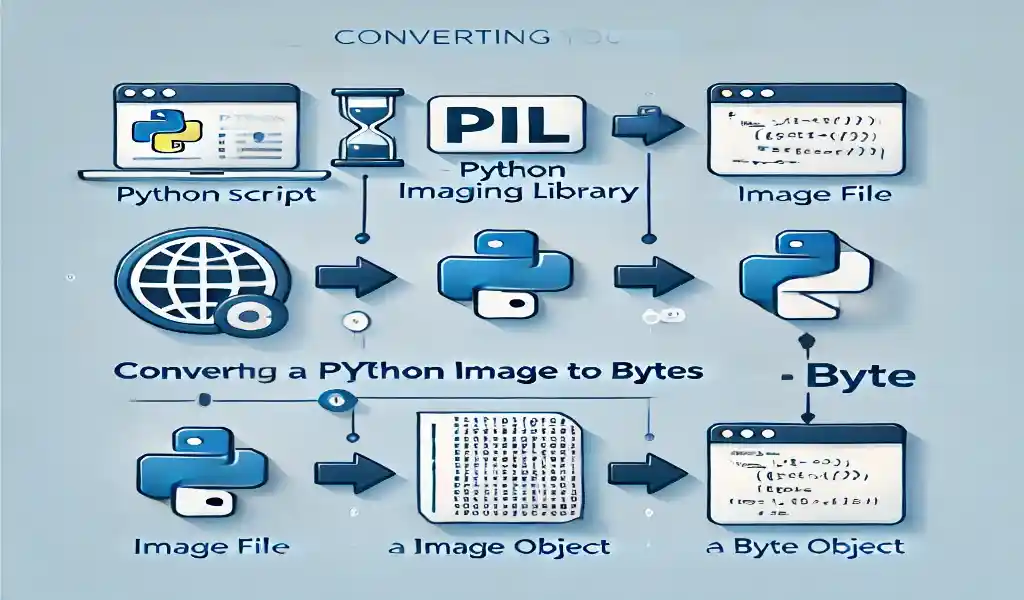Best Web Development Tips for Beginners
Starting your web development journey can be both exciting and overwhelming. With so much to learn and so many tools at your disposal, knowing where to begin is crucial. Here’s a list of the best web development tips to help beginners and aspiring web designers kickstart their careers.
1. Start with the Basics
Before you jump into advanced frameworks, ensure you have a solid understanding of HTML, CSS, and JavaScript. These are the building blocks of web development and will serve as the foundation for everything you create.
Resources to Get Started:
- [Mozilla Developer Network (MDN)](https://developer.mozilla.org/)
2. Build Real Projects
Theory is essential, but practice makes perfect. Start working on small projects like personal portfolios, simple landing pages, or even a basic blog. Real-world projects help in applying what you’ve learned and mastering your skills.
Project Ideas:
- Personal portfolio website
- Simple to-do list app
- Blog with basic functionalities
3. Learn Version Control
Version control systems like Git are vital for any developer. They allow you to keep track of changes, collaborate with others, and revert to previous states if something goes wrong.
Learning Resources:
4. Join a Community
Being part of a community can provide you with support, feedback, and collaboration opportunities. Join forums, social media groups, or local meetups to connect with other developers.
Communities to Join:
5. Understand Responsive Design
With the increasing use of mobile devices, creating responsive websites is more important than ever. Learn how to use media queries and flexible layouts to ensure your websites look great on any device.
Resources:
CSS Tricks – A Complete Guide to Flexbox
6. Focus on One Area at a Time
Web development is vast. Whether it’s front-end, back-end, or full-stack, focus on mastering one area before moving on to the next. This will make the learning process more manageable and less overwhelming.
Focus Areas:
- Front-End: HTML, CSS, JavaScript, React, Angular
- Back-End: Node.js, Python, PHP, Ruby on Rails
- Full-Stack: Combine skills from both front-end and back-end
7. Master the Command Line
The command line is a powerful tool for developers. It allows you to perform tasks quickly and efficiently, install software, and manage files.
Getting Started:
Codecademy Command Line Course
Learn Enough Command Line to Be Dangerous
8. Keep Learning and Stay Updated
The world of web development is always evolving. Follow industry news, subscribe to newsletters, and take online courses to stay up-to-date with the latest trends and technologies.
Resources:
9. Seek Feedback
Don’t be afraid to ask for feedback on your work. Constructive criticism can help you identify areas for improvement and grow as a developer.
Where to Get Feedback:
Code review platforms like Peer Review
- Online communities and forums
10. Build a Portfolio
A portfolio showcases your skills and projects to potential employers or clients. Regularly update it with new projects to demonstrate your growth and expertise.
Portfolio Tips:
- Include diverse projects
- Highlight your problem-solving skills
- Keep the design simple and user-friendly
Conclusion
Becoming a proficient web developer takes time and dedication. By starting with the basics, building real-world projects, and continually learning, you can set a solid foundation for a successful career in web development.



